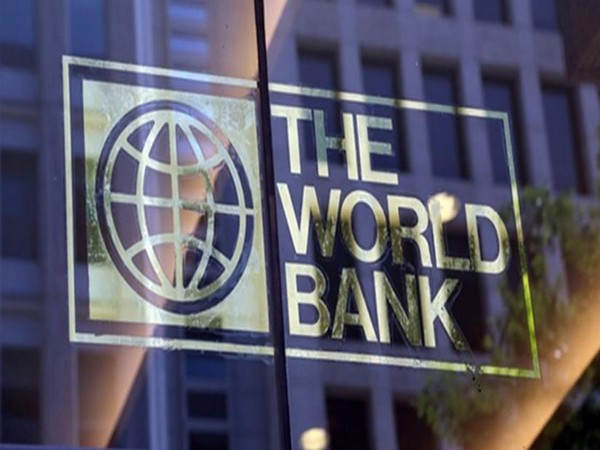Algeria’s Economy Sees Robust Growth in 2023, Faces Challenges Ahead: World Bank
The World Bank's report emphasizes the strategic importance of data in policy formulation and the potential of leveraging alternative data sources for real-time economic insights.

Algeria's economy continued its dynamic growth trajectory in 2023, recording a 4.1 percent increase in GDP, as highlighted by the World Bank's Spring 2024 Algeria Economic Update. This growth was propelled by robust performances in both the non-hydrocarbon and hydrocarbon sectors. Private consumption and strong investment growth significantly stimulated economic activity, leading to a notable rise in imports. Despite a voluntary reduction in OPEC quotas impacting crude oil production, record-high natural gas production bolstered the hydrocarbon sector.
The report notes that, despite declining global hydrocarbon prices and increased imports narrowing Algeria’s trade balance, the country’s foreign reserves grew, reaching a comfortable level of 16.1 months of imports by the end of 2023. Consumer price inflation also moderated to 5.0 percent in the first quarter of 2024, down from 9.3 percent in 2023, supported by a strong dinar and reduced prices for fresh food and imports.
The World Bank's report emphasizes the strategic importance of data in policy formulation and the potential of leveraging alternative data sources for real-time economic insights. These sources include satellite data on nighttime lights and crop development, as well as data on shipping activities at Algerian ports. Such unconventional data provide a more granular view of the economy and complement traditional economic and social statistics. However, the report stresses the need to improve the availability, granularity, and timeliness of official economic data, particularly concerning activity, investment, and the labor market.
"In 2022 and 2023, Algerian authorities accelerated digitalization efforts and prioritized strengthening data systems," said Kamel Braham, the World Bank’s Resident Representative to Algeria. "Robust economic data not only supports evidence-based policymaking but also reduces economic uncertainty and fosters investment, growth, and diversification."
Looking forward, the report anticipates a temporary slowdown in growth for 2024, followed by a strong recovery in 2025. However, it warns that ongoing public spending and import growth, amid moderating hydrocarbon exports, could exert renewed pressure on fiscal and trade balances. Additionally, global commodity prices and climate conditions present significant uncertainties.
Cyril Desponts, the World Bank’s Senior Economist for Algeria, highlighted the value of alternative data sources: “Unconventional data bring precision to our analysis because they are highly disaggregated across time and space and available with minimal delay. Early 2024 data suggest continued dynamic activity across the country, albeit less so in oil-producing regions affected by quota reductions, while Eastern regions saw improved rainfall and crop development, influencing our macroeconomic projections.”
The report also underscores the importance of recent reforms aimed at supporting economic diversification by accelerating private sector investment in non-hydrocarbon sectors. Key reforms include the 2022 Investment Law, the 2023 Banking and Monetary Law, Algeria's formal adhesion to the Africa Continental Free Trade Agreement, the 2023 Land Law, and the initiation of state-owned bank reforms. Strengthening these efforts is crucial as expanding current expenditures increasingly constrain public investment, which has traditionally driven Algeria’s growth.
This comprehensive update provides a detailed analysis of Algeria's economic landscape, offering valuable insights into the country's economic performance and future prospects.
- READ MORE ON:
- World Bank
- Algeria
- Cyril Desponts










